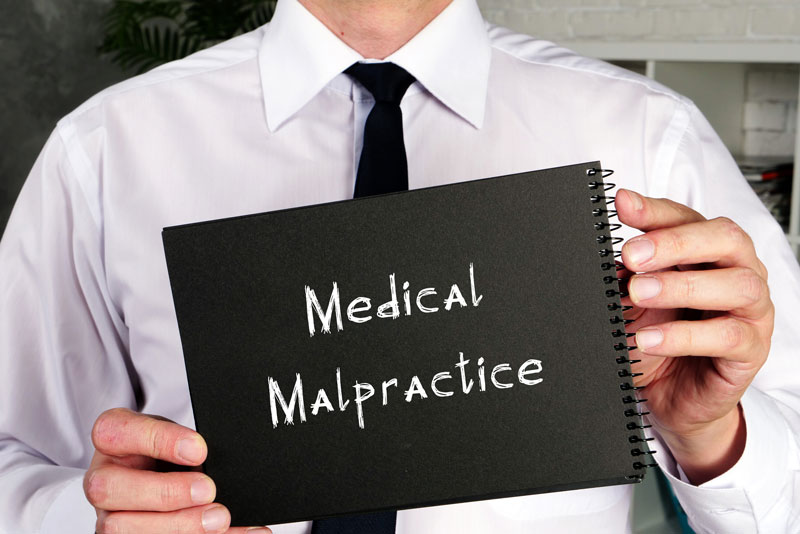A medical malpractice case arises when a medical professional such as a doctor, nurse, or other specialist fails to act according to the proper standard of care towards a patient, thereby injuring the patient. The key stages of a medical malpractice case are investigation, tribunal, discovery, settlement and trial. Among these, discovery is a time-consuming formal legal process that attorneys use to collect relevant information about a case. The first priority will be to obtain relevant medical records to understand the issues in the case. Reviewing those medical records with the support of a medical review company helps attorneys understand the details of the case and determine its strengths and weaknesses.
The discovery process in a medical malpractice case –
- Allows both plaintiff and defendant sides to learn what information the other side has
- Helps both sides of the case to adequately prepare for the case and thus avoid surprises
In this stage of litigation, both the parties can request documents and other relevant records from each other. Defense attorneys may request many details from plaintiffs including copies of medical records before and after the alleged incident of malpractice, details of expert witnesses the plaintiff intends to use at trial, information regarding medical references the plaintiff intends to use as evidence, copies of tax returns or other information related to allegations of loss of income, evidence related to out-of-pocket expenses such as receipts, bills and invoices, names and contact information for all witnesses the plaintiff intends to call at trial and more.
The discovery process includes taking depositions, interviewing expert witnesses, and submitting interrogatories.
A deposition is sworn testimony of a witness taken before a court reporter. Even though other counsel may ask questions, most questions will be asked by the attorney representing the plaintiff. In pre-trial proceedings, the main purpose of a deposition is to obtain information from the witness about the facts of the case. The process allows each party to review the strengths and weaknesses of their opponent’s case. In this stage, all parties and their attorneys have the right to be present and to question the deponent.
We know how important deposition summary is for trial preparation! Our team can provide an objective, clear and short summary of the main points of a deposition transcript. Considering deposition summary outsourcing? Call us at 1-800-670-2809!
The deposition process involves the injured party being questioned under oath by the doctor’s attorney and the doctor being deposed by the injured person’s attorney. The attorney may question the doctor regarding the care provided to the patient, the patient’s actual condition, what went wrong and more. As most malpractice actions are concluded prior to trial, the physician involved needs to be familiar with the deposition process and fully prepared to testify. At the same time, attorneys also want to evaluate the capability and reliability of the physician as a witness.
Testimony given at a deposition must be completely accurate and well presented, as it may be used as evidence at trial or to impeach any witness’ trial testimony. The deposition testimony of the defendants and their witnesses are important to proving the case and determining the prospects for settlement or trial. The time to complete depositions depends on the number of witnesses to be deposed.
Also read: Strategies for Drafting Deposition Summaries
Interrogatories refer to responses of specific questions written by the attorney and requests for copies of applicable records. Both parties are responsible to updating the responses to interrogatories and requests to produce any necessary information or documents. Medical malpractice attorneys have to find many ways to collect solid evidence to prove the negligence. They can consider medical records services to easily understand the content of the medical records and meet any tough deadline.
Disclaimer: The content in this article has been sourced from reliable internet resources and is intended as informative material only. For a professional opinion in this regard, consult a medical malpractice attorney.




